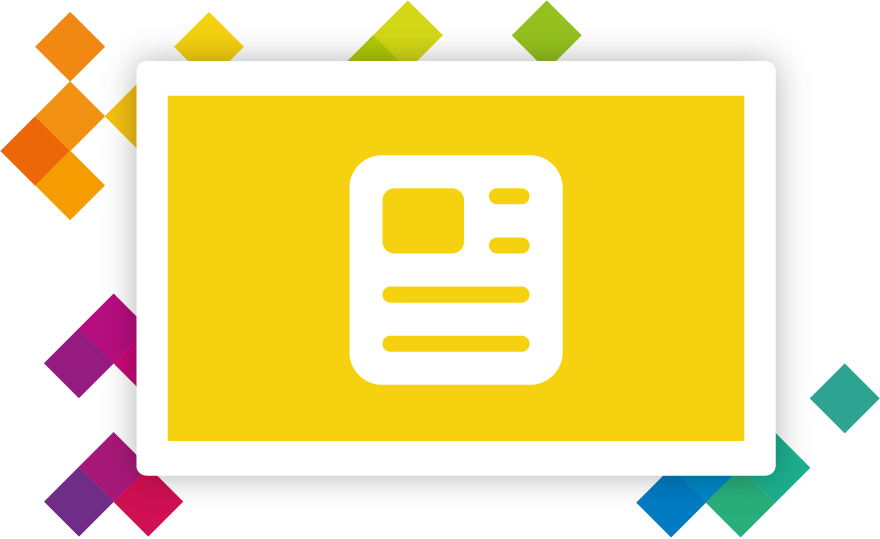Delivering consistently high-quality training is key to a successful apprenticeship programme, but it takes time, effort – and money. If you...
What to expect from Bud’s
next-generation AI tools

Artificial intelligence is evolving at breakneck speed, but it’s important for training providers to use it as part of a deliberate strategy rather than a short-term sticking plaster. Bud COO Brad Tombling shared some insights into Bud’s AI roadmap in a recent AELP webinar.
Learning has historically been designed around scarcity and traditional educational methods often struggle to keep pace with technological advancements. Add rising cost pressures and stagnant funding into the equation, and it paints a difficult picture of training provision – but AI can provide a way forward.
How AI is shaping our thinking at Bud
Artificial intelligence has the potential to transform vocational education, leading to better outcomes, improved quality and greater efficiency.
What’s more, it provides a pathway to delivering learning at scale. In doing so, we can ease national skills shortages and equip workforces with the skills they need to thrive both now and in the future.
We know that there are some great use cases for AI within education, which is why we’re actively investigating several concepts at Bud:
AI-powered onboarding
This concept will enable training providers to seamlessly onboard applicants using an AI-powered initial skills assessment.
Assessment inputs can be reviewed by the AI model to produce specific, data-driven recommendations for that learner, such as the skills proficiency level of a certain programme based on their current level of learning.
Learners can also receive personalised feedback on their initial assessment about how they performed, and what they may need to do outside of the planned interactions on their programme to enhance their learning.
Co-pilot technology
Co-pilot technology will drastically improve how trainers manage caseloads, offering insights into which learners are struggling and who requires the most urgent attention. With an AI assistant working in the background, trainers will also be able to see the reasons why learners are falling behind, such as infrequent logins or a lack of progress reviews, and see personalised recommendations and action plans.
Assessment technology
AI-driven assessment technology has huge potential to support learners and free up time for trainers, acting as a 24/7 coach to provide guidance during assignments. This technology is designed to give learners recommendations on how they might improve their assignment before it’s submitted. But don't worry – it’s trained to not simply “give away” the answers.
Optimising stretch and challenge
The fourth concept we’re exploring at Bud is adaptive learning, where technology can make personalised recommendations for learners based on how they're performing in certain areas.
For example, if a learner is struggling with team collaboration and continuous improvement, Bud’s AI-powered tools would be able to serve up a recommendation that would be a good example of developmental challenge.
Or, if your learner is excelling in an area like technology and software skills, Bud can suggest activities to build on this knowledge and help them to reach their full potential.
AI pilot project - Confirmed
We recently announced the launch of the Bud Assist pilot program, in which a small group of training providers will have the opportunity to be at the forefront of this exciting journey. Working alongside our team, they will provide valuable insight and feedback, upon which developmental efforts will be based.
This collaboration will enable us to learn valuable lessons from the Bud Assist pilot, laying a solid foundation for future enhancements. Together, we'll pave the way for a more efficient, engaging, and effective training environment, setting new standards for educational technology.
Stay up to date with our latest development news by subscribing to email updates.
You can also watch Brad's full headline address from the AI & Skills Seminar.




